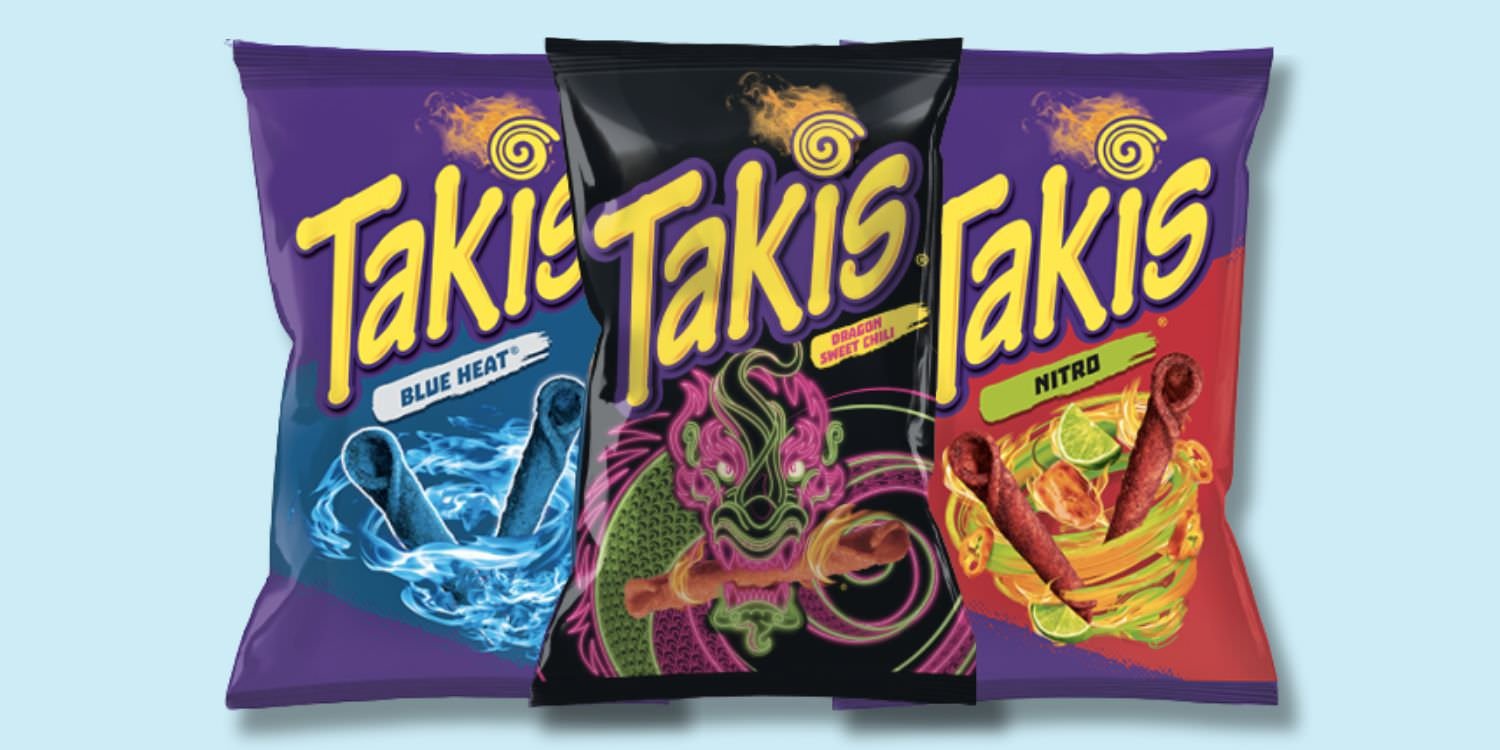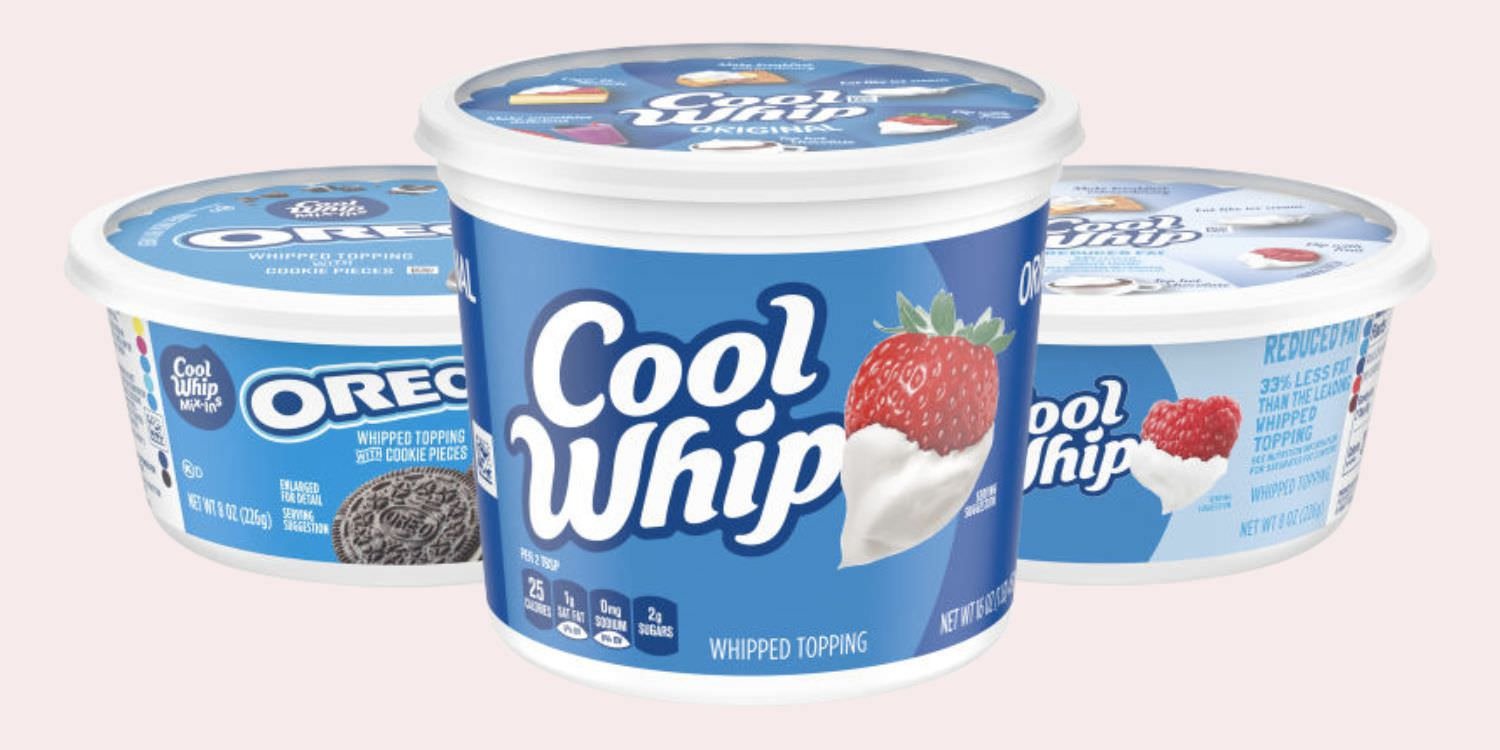Vegan vs. Vegetarian: What’s The Difference?
With the rise of the meat-free movement, there has been plenty of confusion around all the different types of plant-based diets. In fact, even within the vegan community, there are a few misconceptions regarding this topic. We hope to clear things up, so you’ll be prepared for any unexpected questions about your diet!
What Are Plant-Based Diets?
While the vegan diet is a plant-based diet, the same does not apply the other way around. In fact, vegetarian, pescetarian, and even flexitarian diets are all considered ‘plant-based diets’, since they focus more on plants than on meat. This, of course, goes against the common belief that those on a plant-based diet do not ever eat any animal products. There is also no ethical belief behind plant-based diets specifically. Veganism and vegetarianism, however, are many times (always, in the case of veganism) part of a deeper philosophical, spiritual, or ethical belief system.
What Is Veganism?
Veganism, unlike other plant-based diets, is not a diet at all. According to The Vegan Society, veganism is “a philosophy and way of living which seeks to exclude—as far as is possible and practicable—all forms of exploitation of, and cruelty to, animals for food, clothing or any other purpose; and by extension, promotes the development and use of animal-free alternatives for the benefit of animals, humans and the environment. In dietary terms, it denotes the practice of dispensing with all products derived wholly or partly from animals.”
In other words, veganism is not about food; it’s a philosophy. Those who call themselves ‘vegans’ avoid all animal derivatives, including those in food, cosmetics, fashion, hygiene products, cleaning products, etc. In essence, vegans avoid (in all ways possible and practicable), any product linked to the death or exploitation of a sentient being.
What Is A Vegetarian Diet?
Vegetarianism, however, is often exclusively food-focused. There are also many types of vegetarians. Some still eat fish, milk, and/or eggs. This is due to the fact that eggs and dairy are not commonly associated with animal slaughter. Vegans, however, argue that both industries are linked to both animal slaughter and animal cruelty.
While some vegetarians avoid leather or fur (think Phoebe from the TV show F.R.I.E.N.D.S.), and try to purchase only cruelty-free cosmetics, they are typically much more flexible with any other products they consume. Unlike vegans, vegetarians do not always join the meat-free movement for ethical reasons. Many ditch meat for health, environmental, or religious reasons. However, in some cases, vegetarianism may be a stepping stone into veganism; part of the person’s transition into a more ethical lifestyle.
Types Of Vegetarian Diets
To offer you a clearer picture, here are the main types of vegetarians:
Lacto-Vegetarian: This type of plant-based eater avoids all animal-derived foods with the exception of dairy. So, lacto-vegetarians may still indulge in butter, yogurt, cow/goat cheese, milk, etc.
Ovo-Vegetarian: Ovo meaning “egg”, this type of vegetarian skips the dairy and goes straight for the chicken eggs. So, while they don’t eat chicken meat or other types of animal meat, they may enjoy egg-filled cakes and desserts, products that contain egg whites (like merengues), or a standard sunny-side-up for breakfast.
Lacto-Ovo-Vegetarian: As you may have concluded after learning how lacto-vegetarians and ovo-vegetarians eat, this type of vegetarian eats both dairy and eggs, however they usually abstain from all other animal-based foods.
Pesco-Vegetarian: Another type of vegetarian, also called “pescetarians”, this group eats eggs, dairy, and/or fish. With the exception of these three animal-derived foods, they skip all other animal products.
Semi-vegetarians, or flexitarians: Flexitarians are another story. They typically don’t follow any common ‘rules’ in their diets. They simply try to eat less animal-based foods; mainly red meat and chicken. Semi-vegetarians may personally avoid one or two animal-derived foods entirely, like red meat or pork. Likewise, they may only indulge in animal foods when eating out, during holidays, or when invited to a restaurant with little or no entirely plant-based options. Either way, this is, as the name implies, the most flexible type of plant-based diet.
What Do Vegans Eat?
Now that you know what kind of foods vegetarians typically munch on, what do vegans eat? Well, most vegan diets include all plant foods; nuts, seeds, legumes, grains, fruits, and vegetables. However, there are also various types of vegan diets. Here are a few examples:
Standard vegan diet: Vegans who aren’t concerned about the health benefits of veganism, and are simply focused on the ethical side of things, may eat any type of plant-based foods. This includes sugar, gluten, cooked, raw, processed, unprocessed meals, etc.
Whole foods plant-based vegan diet: Those following a ‘WFPB’ vegan diet may avoid both animal foods and ‘unhealthy’ or ‘processed’ foods partially or entirely. These may include oil, excess salt, sugar, gluten, additives, junk food, meat/dairy/egg substitutes, and others. This vegan diet is not to be mistaken with those simply on a whole foods plant-based diet (non-vegan), who are solely focused on health, and are not invested in the ethical aspect of veganism.
Raw vegan diet: Raw vegans avoid all animal-based foods; however, they also refrain from cooking any of their meals. However, this tends to be a spectrum — there are ‘high-raw’, ‘fully raw’, and ‘low raw’ vegan diets. Some cook certain foods, like legumes, root vegetables, and grains, while others avoid the heat entirely, along with foods that require cooking.
What Exactly Do Vegan Diets Exclude?
All vegans avoid (whenever possible and practicable) the following products, specifically for ethical reasons:
• Meat (including fish and chicken)
• Dairy products like cheese, yogurt, butter, etc.
• Eggs (even when found in breads and pastries)
• Seafood
• Gelatin (since it’s derived from animal bones and connective tissue)
• Honey (For more info on why vegans don’t eat honey, click here.)
In addition, some vegans go even further and avoid…
• Sugar (which may or may not have been processed using bone char)
• Artificial food coloring (which are frequently tested on animals)
• Meat substitutes (as they may resemble meat too closely for certain vegans’ comfort)
• Other foods that contain ingredients that have undergone animal testing, like the Impossible Burger or Life Cereal.
Final Thoughts
We hope you now understand the main differences between vegetarian and vegan diets! Next time it’s brought up at the dinner table, you can have the perfect answer prepared. Or, if you find it easier, you can refer them to this article! Either way, we thank you for taking an interest in more ethical, animal-friendly lifestyles and diets. To your plant-based success!







